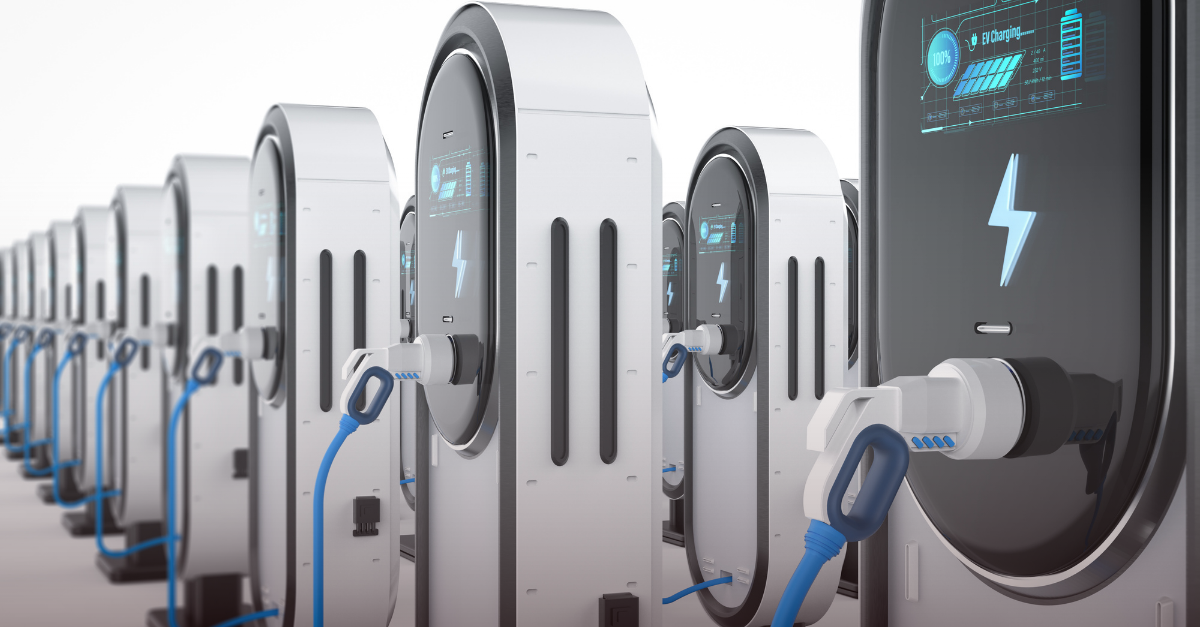EU to Vote on Tariffs for Chinese-Made EVs: What It Means for the Automotive Industry and Supply Chains
Published: 10.2.2024
The European Union is scheduled to vote on October 4, 2024, on tariffs of up to 35% for Chinese-imported electric vehicles. This follows a European Commission investigation that revealed Chinese EV manufacturers receive substantial government subsidies, enabling them to sell at prices that undercut European automakers. These subsidies have fueled EU concerns that Chinese companies, already major players in the global EV market, pose a threat to Europe's domestic automotive industry.
The proposed tariffs, intended to safeguard Europe's strategic EV manufacturing industry and support its green transition, have ignited significant debate. While aimed at leveling the playing field for European automakers, critics argue that the tariffs could hinder Europe's decarbonization efforts by increasing EV costs for consumers.

Ongoing negotiations between the EU and China further complicate the decision. Both sides seek a diplomatic solution, potentially involving voluntary minimum prices for Chinese EVs to avoid full-blown tariffs. If an agreement is not reached, these tariffs could increase trade tensions between the two major economic powers.
The Broader Impact on Global Supply Chains
The proposed tariffs could have a ripple effect on the global automotive supply chain. Chinese EVs rely on a complex network of electronic components sourced internationally. Tariffs could increase production costs, not only for EV manufacturers but also for companies that supply essential components like semiconductors, sensors, and battery management systems.
In response to potentially higher tariffs on Chinese imports, European automakers may seek to diversify their suppliers, creating opportunities for businesses that can provide high-quality components at competitive prices. This shift is particularly relevant to the electronics sector, where demand for EV-related technologies is surging.
What IBS Electronics Can Offer to Automakers
As global trade tensions intensify, IBS Electronics is well-positioned to support automakers and component suppliers navigating these disruptions. With over 40 years of experience in global electronics distribution, IBS Electronics offers a robust supply chain network that can help manufacturers source the components they need without relying on high-tariff imports from China.
Here’s how IBS Electronics can assist:
- Alternative Sourcing: IBS Electronics provides access to a broad range of electronic components from trusted suppliers worldwide, allowing automakers to diversify their supply chains and reduce dependence on Chinese imports.
- Cost Efficiency: With expertise in global sourcing, IBS Electronics helps clients find competitively priced components, even in times of market volatility caused by trade restrictions.
- Supply Chain Stability: By leveraging its extensive network and experience in navigating international trade challenges, IBS Electronics ensures reliable component delivery, mitigating the risk of supply chain disruptions due to tariffs.
- Customized Solutions: Whether it's providing components for EV powertrains, sensors, or battery management systems, IBS Electronics tailors its offerings to meet the specific needs of the automotive industry, especially as it transitions toward electric mobility.
As the automotive landscape continues to evolve under the weight of global trade policies, IBS Electronics remains committed to helping automakers and suppliers maintain their competitive edge, ensuring a smooth transition in a rapidly shifting market. Partner with IBS Electronics to navigate the complexities of the automotive market and ensure your business's success.


.png)

